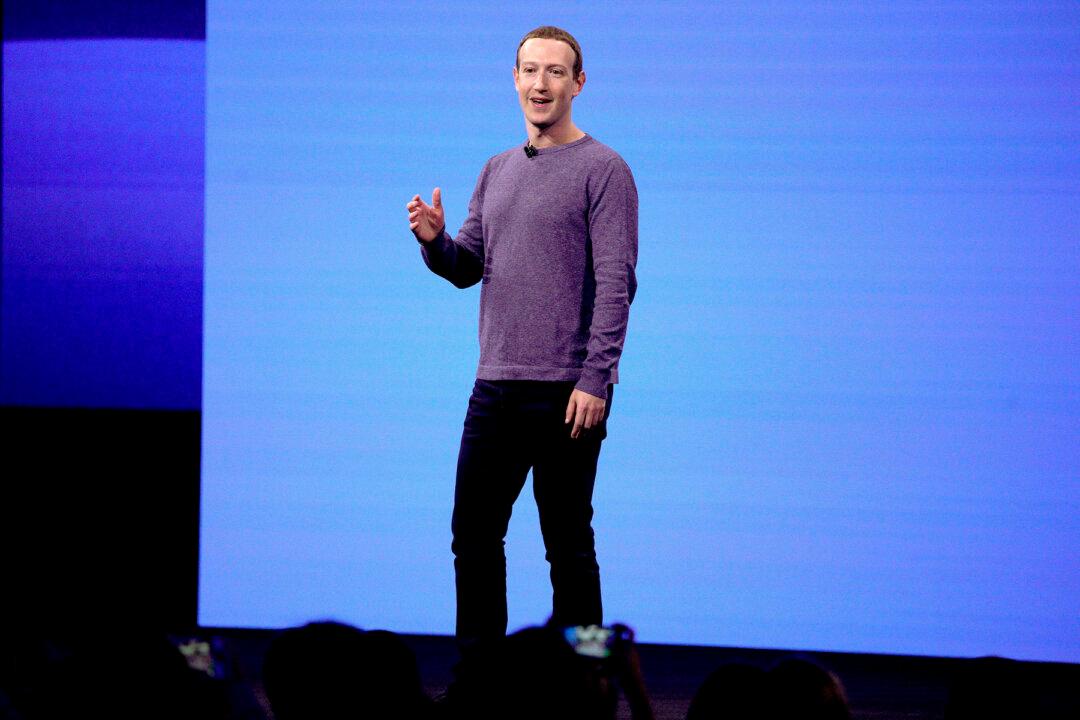Facebook would sue the government if Elizabeth Warren became president and carried out her pledge to break up large tech companies, CEO Mark Zuckerberg said in an audio leaked to The Verge.
“At the end of the day, if someone’s going to try to threaten something that existential,” said Zuckerberg, “you go to the mat and you fight.”





